
Prof. Jeffrey P. Bakken
Bradley University, USA
Biography:
Jeffrey P. Bakken, is
Professor of Special Education at Bradley
University. He has a Bachelor’s
Degree in Elementary Education from the
University of Wisconsin-La Crosse, and
graduate degrees in the area of Special
Education-Learning Disabilities from Purdue
University. Dr. Bakken has received the
College of Education and the University
Research Initiative Award, the College of
Education Outstanding College Researcher
Award, the College of Education Outstanding
College Teacher Award, and the Outstanding
University Teacher Award from Illinois State
University. He also just recently received
the College of Education and Health Sciences
Faculty Achievement Award for Research at
Bradley University. His specific areas of
interest include: learning disabilities,
emotional and behavioral disorders, reading
comprehension, response to intervention,
collaboration, transition, teacher
effectiveness, assessment, learning
strategies, assistive technology, Smart
Classrooms and Smart Universities. He has
published over 220 works that include books,
chapters, journal articles, proceedings at
international conferences, audio tapes,
encyclopedia articles, newsletter articles,
book reviews, a monograph, a manual, and one
publisher website. He has also made over
275 presentations at International/National
and Regional/State conferences. Lastly, he
has authored or co-authored numerous grants
totaling over $1,000,000.00.

Prof. Maricar S. Prudente
De La Salle University, Philippines
Biography:
Dr. Maricar S. Prudente is presently a
Distinguished Professor of the Department of
Science Education at De La Salle
University-Manila. Professor Prudente
completed her Ph.D. in Environmental
Chemistry and Ecotoxicology at Ehime
University, Japan under a Japan Society for
the Promotion of Science (JSPS) Ronpaku
Fellow Grant. As an educator, Dr. Prudente
has served as administrator in various
capacities at De La Salle University Manila.
Dr. Prudente has also served as a resource
person, facilitator and coordinator in
various seminars, workshops and training
programs for Science teachers dealing with
action research, environmental issues,
science education, and technology
integration. Since 2012, her research
interests and advocacies were focused on
environmental monitoring of persistent
pollutants. global climate change literacy
and innovative approaches in teaching
science. Her involvement in research was
recognized in 2015 when she was awarded the
Lasallian Pillar of Excellence in Research
by De La Salle University Manila. Dr.
Prudente was also the recipient of the 2015
Lifetime National Achievement Award of the
National Research Council of the Philippine.
Moreover, Prof. Prudente was recognized as
the 2018 Outstanding Filipino JSPS Fellow in
the field of Education by the Department of
Science and Technology (DOST) and the Japan
Society for the Promotion of Science (JSPS).
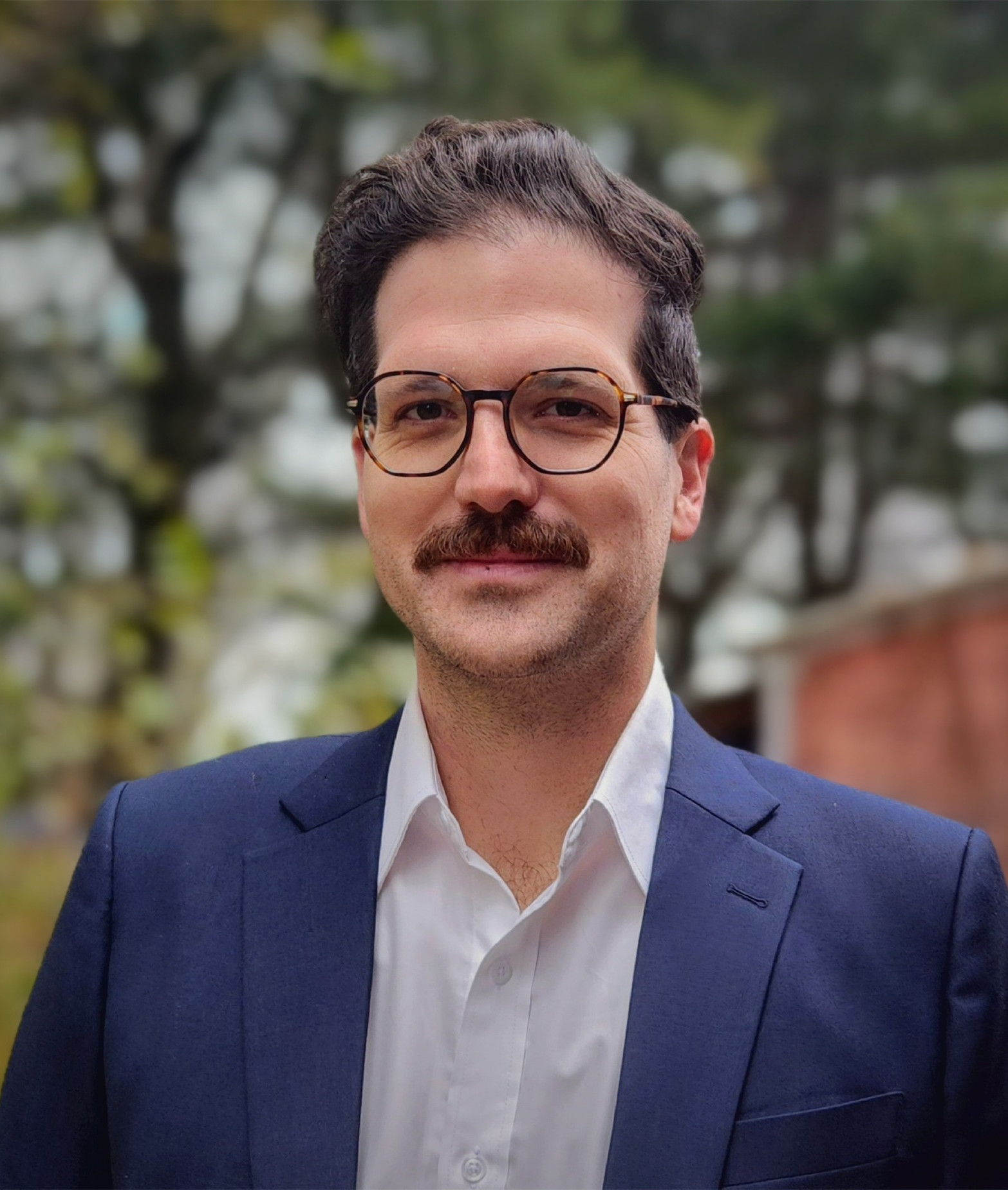
Dr. Alexandre St-Vincent Villeneuve
Université du Québec à Montréal (UQAM), Canada
Biography:
Dr. Alexandre St-Vincent Villeneuve is an
academic researcher and multi-entrepreneur
working at the intersection of generative
artificial intelligence and education, with
a focus on pedagogical innovation and
large-scale educational implementation. He
holds an MBA from the University of
Sherbrooke and a PhD in Artificial
Intelligence from the University of Quebec
at Montreal (UQAM), and has completed
graduate-level studies in law at McGill
University and in business management at HEC
Montreal. He is the creator of the CLEF
program, an initiative developed in Canada
that has demonstrated positive outcomes in
reducing dropout and enhancing learner
engagement in underserved educational
contexts, and which is currently being
expanded through academic collaborations in
Southeast Asia. His work has been published
and presented in leading international
venues, including IEEE, ACM, AMCIS, and the
Academy of Management (AoM). His research
and publications have received support
through competitive funding schemes and
institutional research programs, reflecting
his commitment to translating technological
innovation into real-world solutions that
generate meaningful impact.

Asst. Prof. Chandra Reka
Xiamen University Malaysia, Malaysia
Biography:
Assistant Professor Dr. Chandra Reka
Ramachandiran is the Head of Programme
(Software Engineering) at Xiamen University
Malaysia. Her research expertise spans
Teaching and Learning Tools, Human-Computer
Interaction, Mixed Reality, Artificial
Intelligence, and Affective Engineering
(Kansei Engineering).
An accomplished researcher, Dr. Chandra has
presented and published extensively in
renowned conferences and high-impact
journals. She has successfully secured
multiple national and international research
grants, reflecting her strong contributions
to the field. She was also awarded the
prestigious JASSO Scholarship, a research
collaboration between the University of
Malaya and Chiba University, Japan.
Beyond research, Dr. Chandra is actively
involved in the academic community, serving
as a reviewer and technical committee member
for numerous ACM and IEEE conferences, along
with other international events. She is
deeply committed to both teaching and
research, continuously advancing the field
of Software Engineering, Artificial
Intelligence and other Emerging
Technologies.
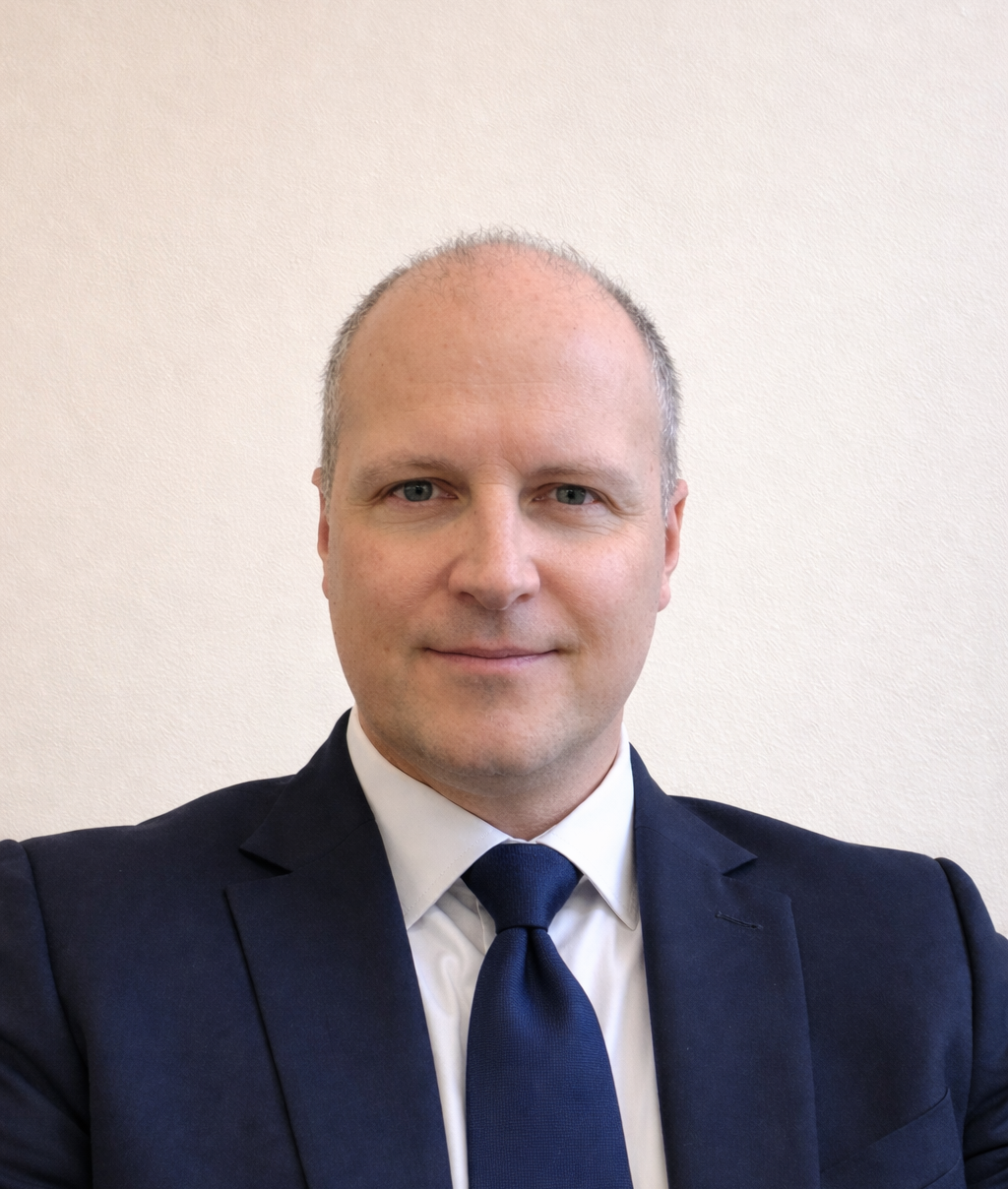
Assoc. Prof. Mark Anthony Camilleri
University of Malta, Malta
Biography:
Mark Anthony CAMILLERI, Ph.D. (Edinburgh),
MBA, M.Sc. is an Associate Professor in the
Department of Corporate Communication at the
University of Malta, Malta. He was a
visiting academic (Fulbrighter) at
NorthWestern University in Evanston, USA (in
2022). Prof. Camilleri was featured among
the world's top 2% scientists in Elsevier's
"Updated science-wide author databases of
standardized citation indicators". In 2025,
he achieved a global rank (ns) of 962 and
was listed 31st among Business & Management
researchers. Recently, his publications
placed 3rd (highly ranked scholar) in
Education, 18th in Sustainable Development,
and 397th Overall (across all fields),
according to ScholarGPS data that cover the
last 5 years.
He is regularly engaged as a Foreign Expert
Reviewer of Horizon Europe including of
Pathfinder AND of Marie Skłodowska-Curie
Actions (MSCA), as well as of several
European Research Councils. Prof. Camilleri
has been recognized as an "excellent
reviewer" as well as a "top peer reviewer"
by Web of Science and Publons. He also
received a Literati Award by Emerald, for
his "outstanding reviews".
Asst. Prof. Dr. Anthi Karatrantou
Department of Education and Social Work, University of Patras, Greece
Speech title: Educational Technology - Emerging Technologies and their Impacts
Biography: She is an Assistant professor at the Department of Educational Sciences and Social Work, University of Patras with teaching and researching interests in the field of ICTs in education focusing on Emerging Technologies in education, STEAM education and innovative approaches in teaching and learning. She has 35 years’ experience in education at secondary and University level education, adult education, teacher training and education of vulnerable groups. She has been teaching at undergraduate, post-graduate and doctoral level students at various universities in Greece (University of Patras, Hellenic Open University, University of Crete, National and Kapodistrian University of Athens, School of Technological and pedagogical Education). She has been working in more than 40 National and European Research projects as a researcher and scientific fellow of various Universities in Greece (University of Patras, Hellenic Open University, University of Crete, National and Kapodistrian University of Athens, University of Ioannina, School of Technological and pedagogical Education).She is member of the authors’ group of one (1) Book, editor for the compatibility with the Open and Distance Learning for two (2) books, member of the editor’s group of one (1) Book, co-author of ten (15) book chapters. She is the author of 45 publications in International and Greek journals and 130 publications in International and Greek conference proceedings.

Dr. Karl Jones
Liveprool John Moores University, UK
Biography: Dr. Karl O. JONES is a Subject
Head in the School of Engineering and Built
Environment at Liverpool John Moores
University in the United Kingdom, he has
worked for over 35 years. He graduated with
a BEng(Hons) in Electrical and Electronic
Engineering, before undertaking a PhD in
Fermentation Control. His research interests
include Artificial Intelligence, Audio &
Video Forensics, Maritime Risk Analysis and
Engineering Education, with 15 completed
PhDs and 6 current students. He has
considerable experience in PhD examination,
both as Internal and External Examiner. He
was part of an EU funded Europe-wide project
to develop curricula for Computing at
Bachelor, Masters and PhD level. Karl is on
the Editorial Board of eight Journals, and
has been on the Technical Committee for over
one hundred conferences. In relation to his
work in Audio & Video Forensics, Karl has
provided expert opinion for Reuters, The
Guardian newspaper and the BBC. In his spare
time, Karl enjoys photography and genealogy.
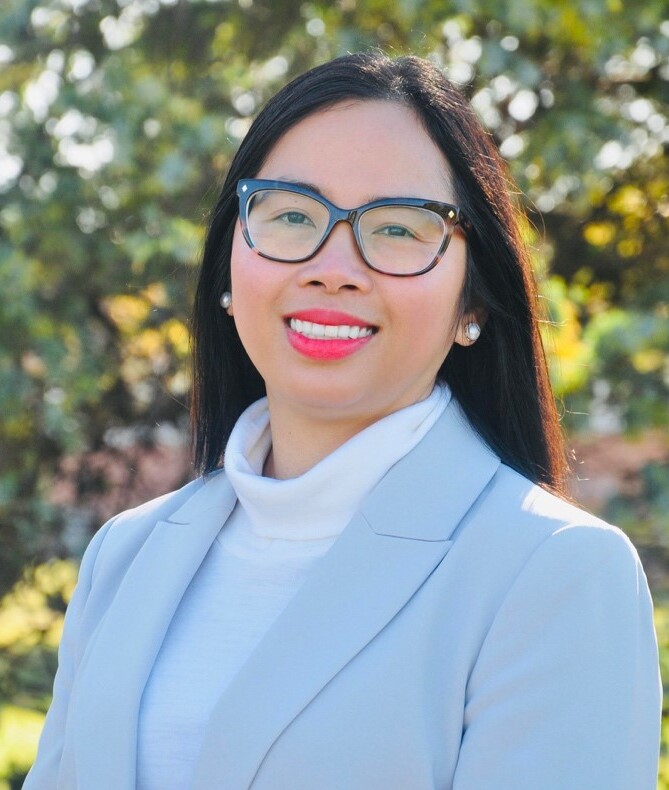
Dr. Vinh To
University of Tasmania, Australia
Biography:
Dr Vinh To is a Senior Lecturer in English
Curriculum and Pedagogy and a Graduate
Research Coordinator in the School of
Education, Arts and Society, at the
University of Tasmania, Australia. Her
research interest includes educational
linguistics, English, literacy and languages
education, and online education. Dr To is
Founder of the Systemic Functional
Linguistics Interest Group (SFLIG) and lead
chief investigator of the Australia-ASEAN
Academics Forum: Online Education during
COVID-19 and beyond (AAAF), funded by the
Australian Government’s Department of
Foreign Affairs and Trade. She is the lead
Convenor of SFLIG Conferences and AAAF
Webinars, and Editor of SFLIG books and
special issues. Dr To is the sole, lead and
co-writer of a number of journal articles,
book chapters, and media stories. She has
published in top journals such as Australian
Journal of Linguistics, Linguistics and
Human Sciences, Australian Journal of
Language and Literacy, English in Australia,
International Journal of Early Years
Education, and in highly regarded books with
reputable publishers such as Cambridge
University Press. Her research activities
appear in media news across the Australian
and ASEAN regions. Dr To has been invited to
deliver international keynote and plenary
speeches in Vietnam, Spain, Lithuania and
Indonesia. She has been awarded a
Commendation for Research Innovation and
Impact, and a number of teaching awards such
as Teaching Merit Certificates, Deputy
Vice-Chancellor’s Commendation Letter,
Certificate for Citation for Outstanding
Contributions to Student Learning,
Vice-Chancellor's Teaching Innovation Award,
in recognition of her excellent teaching in
blended learning or fully online courses at
the University of Tasmania. See Dr To’s full
profile at this link.
https://discover.utas.edu.au/Vinh.To/about
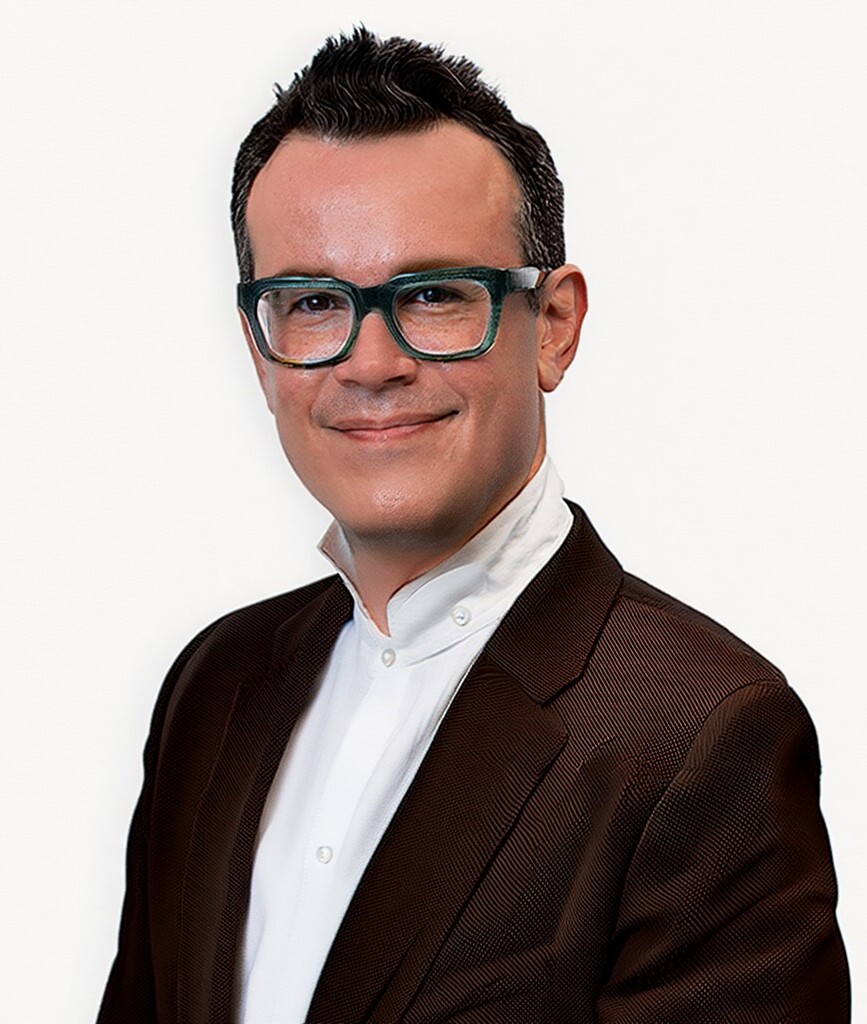
Prof. Delfín Ortega-Sánchez
University of Burgos, Spain
Biography: Prof. Dr. Delfín Ortega-Sánchez
is Full Professor of Didactics of Social
Sciences at the University of Burgos. He
holds three doctoral degrees (PhD in
Didactics of History and Social Sciences
[Universitat Autònoma de Barcelona], PhD in
Education [University of Burgos], and PhD in
the History of the Americas [University of
Extremadura]), and his academic trajectory
has been recognized with three Extraordinary
Doctoral Awards. His research focuses on
education for democratic citizenship, the
curricular inclusion and didactic treatment
of controversial issues and social problems,
equality and diversity, transdisciplinarity,
and the pedagogical use of educational
technology. Currently, he serves as
Vice-Rector for Institutional Relations,
Culture, and Social Projection at the
University of Burgos, and as Director of the
Chair in Human Rights and Democratic
Culture-Auschwitz Birkenau Institute,
described as the first worldwide in
collaboration with the Auschwitz-Birkenau
State Museum. In recognition of his impact,
he was nominated among the world’s top ten
Social Sciences researchers in the seventh
edition of the Universal Scientific
Education and Research Network (USERN) Prize
2022. He has also been awarded the First
Prize in Transformative Education Research
2025 by the Global Citizenship Foundation,
in partnership with UNESCO MGIEP, in
recognition of his research trajectory in
the field of education for democratic
citizenship.

Prof. Karsten Böhm,
University of Applied Sciences, Austria
Biography:
Karsten Böhm studied Computer Science with a
specialization in Automatic Language
Processing and Intelligent Systems at the
Universities in Leipzig (Germany) and London
(UK). After obtaining his degree in Computer
Science (M.Sc.) he worked for several years
in the industry, mostly for
tech-nology-oriented companies in the area
of applied text-mining and information
extraction technologies and applied them in
several industrial Knowledge Management
projects. He returned to the Leipzig
University in 2003 to work as a researcher
in several funded research projects mostly
focused on the topic of business
process-oriented Knowledge Management. Since
2006, he is holding a Research Professorship
for Business Informatics at the University
of Applied Science FH Kufstein Tirol
(Aus-tria). His research interests are
centered around IT-based Knowledge
Management and its application areas such as
the support of Innovation Processes in their
early stages and the use in the sector of
Higher Education.
In Kufstein he had been actively researching
in a number of research projects on
regional, national and European level. In
most of these projects, he worked in the
role of the local coordinator for Kufstein
and as Technical Manager for two larger
European research projects. He received the
Award of Excellence for Research from the FH
Kufstein Tirol in 2012. The teaching
activities of Karsten Böhm in Kufstein and
other universities in Europe ranging over a
broad area of topics includ-ing Software
Development (mobile, web), Networking,
Operating Systems, Web based Information
Systems, modern Information and Knowledge
Management, Communication & Collaboration
Sys-tems and Systemic Innovation. He was
giving guest lectures in Bergen (NO),
Rotterdam (NL), Ali-cante (ES), Antwerp (BE)
and Katowice (PL) in addition to frequent
occasions in Germany and Aus-tria.
Exchanges into the consulting industry (PNO
Group, Ciaotech Srl. Rome, Italy) in 2006,
2007 and 2008 complemented the academic life
with experiences from R&D activities in the
industry. Current-ly he is supporting
accreditation agencies in Germany (FIBAA)
and Austria (AQA) as an external expert.
From 2016-2021 he was initiating and
organizing the TEDxFH-Kufstein and holds an
unlim-ited TEDx license.
From 2010 to 2021 he served as Deputy
Director of Studies and subsequently as
Director of Studies for a number of degree
programs at the University of Applied
Sciences in Kufstein Tirol, namely the
Bachelor Programs Business Informatics and
Web Business & Technology and the Master
Programs Web Communication & Information
Systems and Data Science & Intelligent
Analytics. The research activities of the
group have been carried out in the
WEBTA-Institute on Web-based Technologies
and Applications, which Karsten Böhm led as
a founding director from 2017 to 2021.
His main research interests are in the area
of IT-based Knowledge Management and the
development of new software systems for the
operational support of Knowledge processed
in organizations. He currently focused his
research activities on the support of higher
educational organizations with
Prebuilt-Information Spaces for education
(PreBIS-ED) using semantic technologies and
agile ap-proaches for new
problem-based-learning aspects. The use of
Generative-AI with respect to techno-logical
choices and the impact on the usage in
education settings and beyond has also
become a topic in the last years.
Karsten Böhm serves the academic community
with being a member of different program
committees for European and international
conferences and supports the International
Academy, Research, and Industry Association
(IARIA) for several years in numerous roles
and was awarded the title of an IARIA fellow
in 2023.
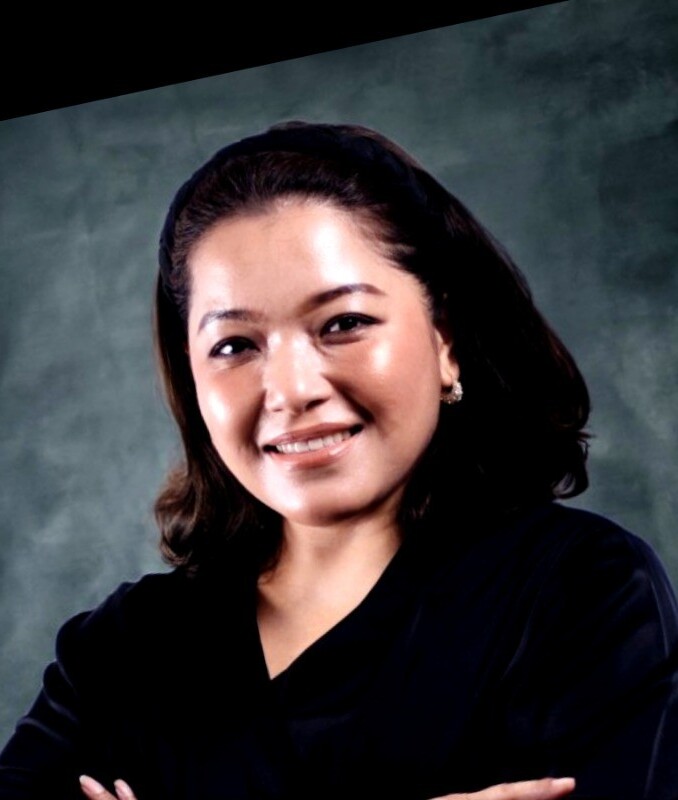
Prof. Malissa Maria Mahmud
Sunway University, Malaysia
Biography:
Malissa Maria Mahmud is passionate about
fostering inclusive, equitable, and lifelong
access to high-quality education
opportunities for all. Her research explores
a broad spectrum of topics in instructional
technologies, with a particular focus on
post-pandemic modalities. Over the course of
her professional career, she has received
acclaim for her valuable contributions,
presenting and publishing in esteemed
conferences and journals. Notably, she has
received accolades for research excellence
and has been acknowledged for her excellence
in teaching.
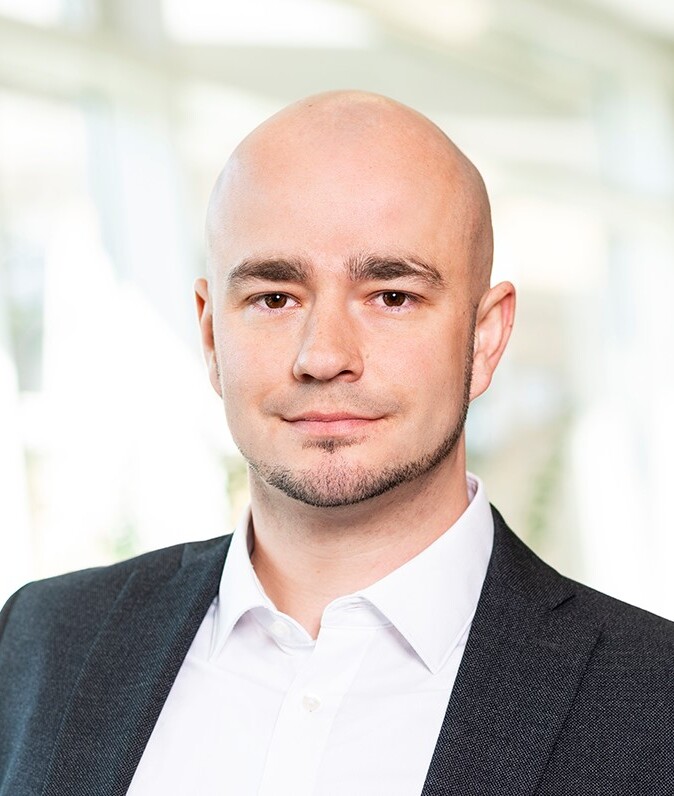
Prof. Atilla Wohllebe
University of Applied Sciences Wedel, Germany
Biography:
Atilla Wohllebe works as a Professor of
E-Commerce and Digital Business Models at
the University of Applied Sciences Wedel,
Germany, and responsible for the E-Commerce
Bachelor and Master programs and the
Marketing, Media & AI Bachelor program.
Besides, he is a managing partner at the
Open Access publisher Wohllebe & Ross. He
has published several books, book chapters
and academic papers and has presented his
research at various conferences. Prior to
his academic career, Atilla Wohllebe worked
in leading German e-commerce and retail
companies. He is a member of the Association
for Computing Machinery (ACM) and of the
Special Interest Group on Computer-Human
Interaction (SIGCHI) within the ACM, the
German Society for Online Research (DGOF)
and the International Association of Online
Engineering (IAOE). Atilla Wohllebe
completed his PhD at MATE Hungarian
University of Agriculture and Life Sciences
on consumer attitudes towards mobile apps in
retail.